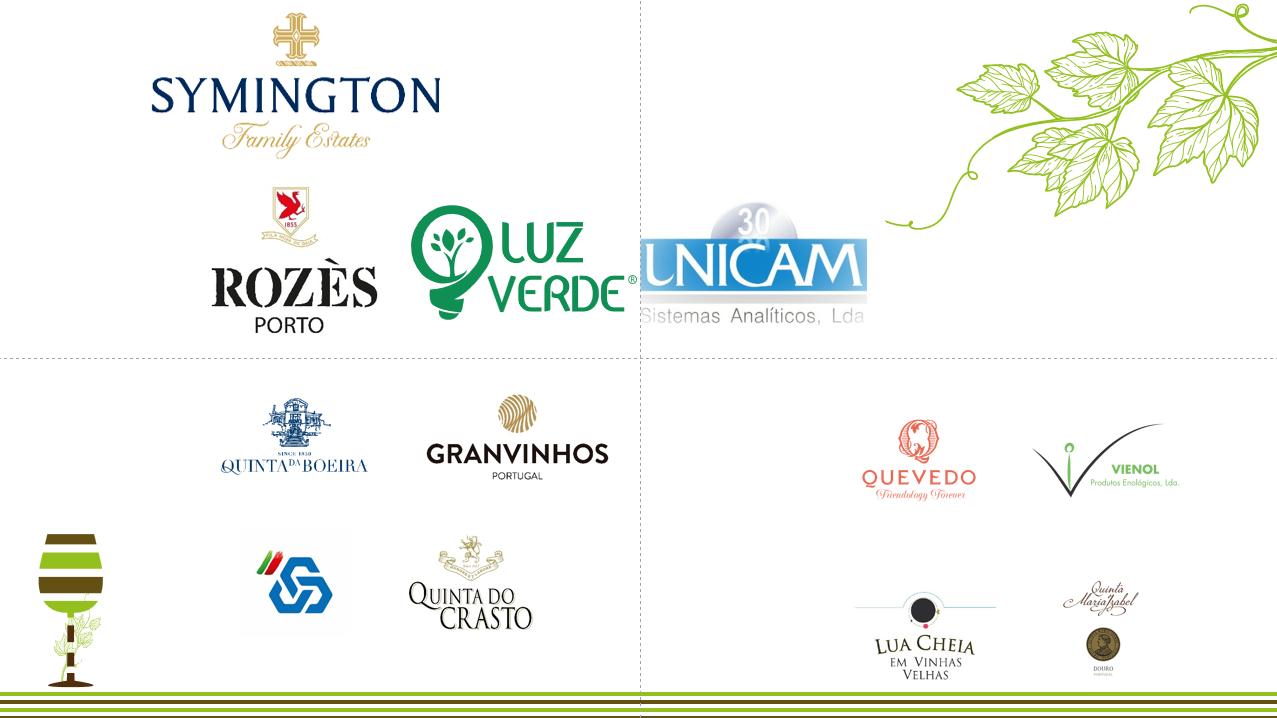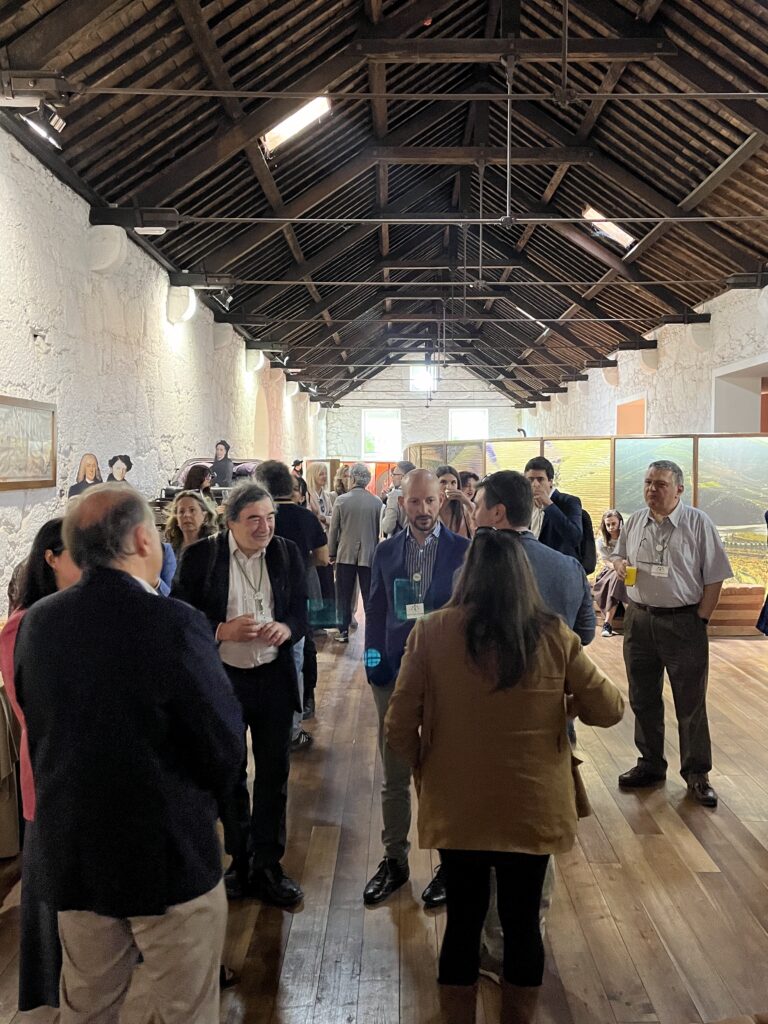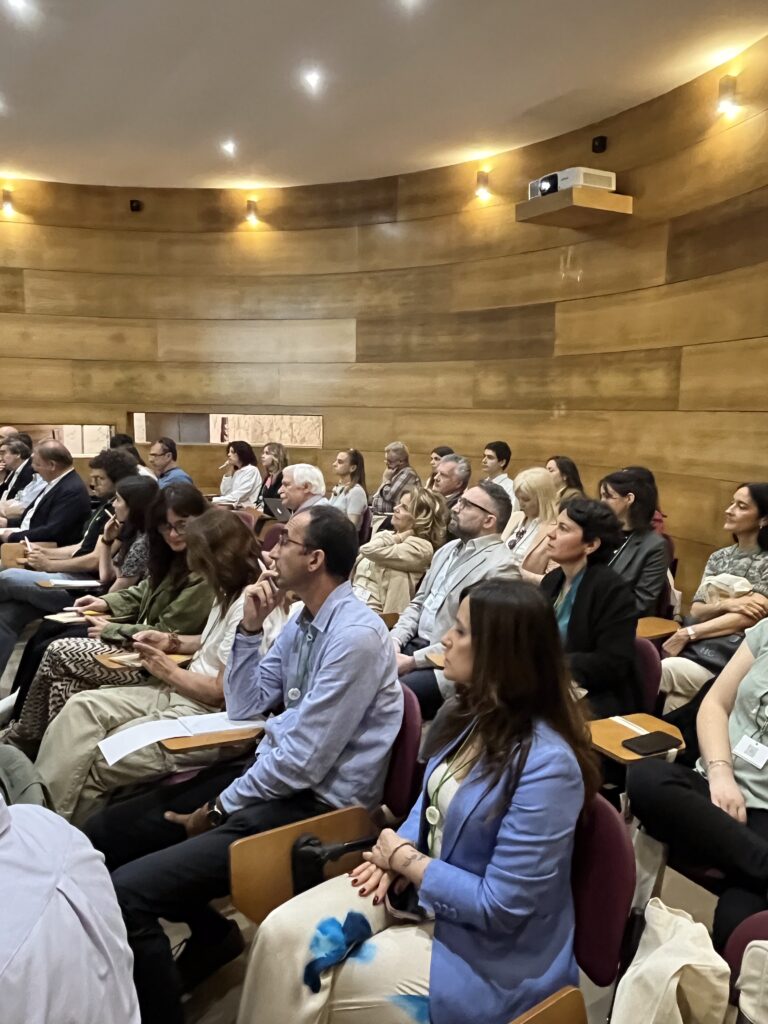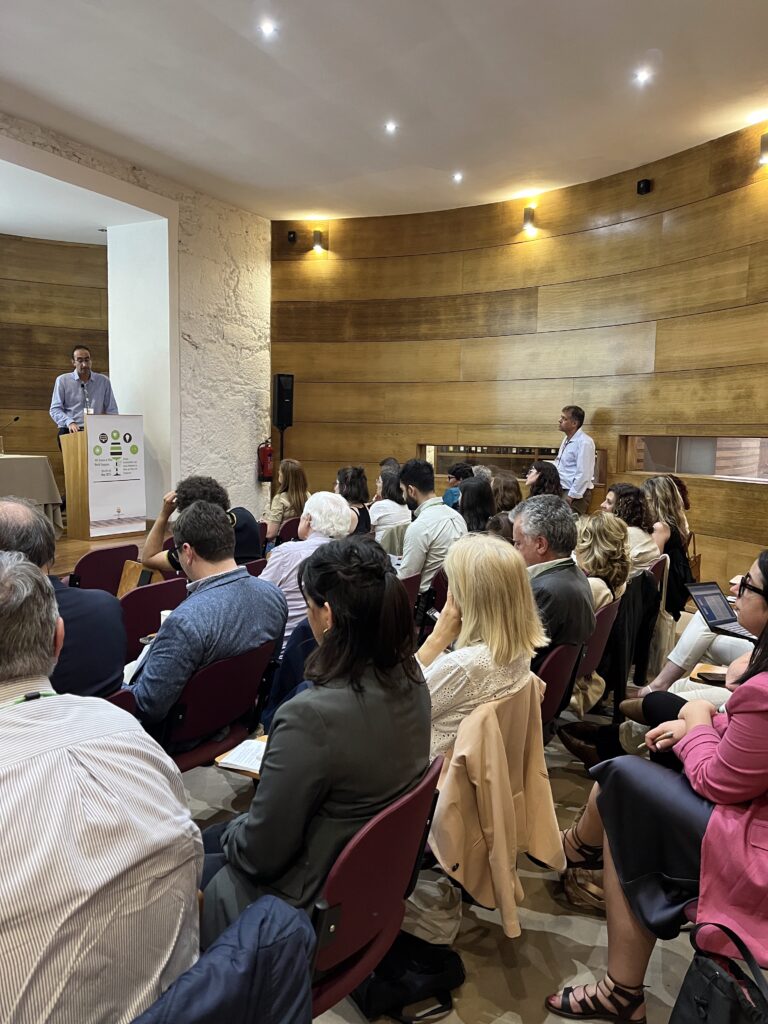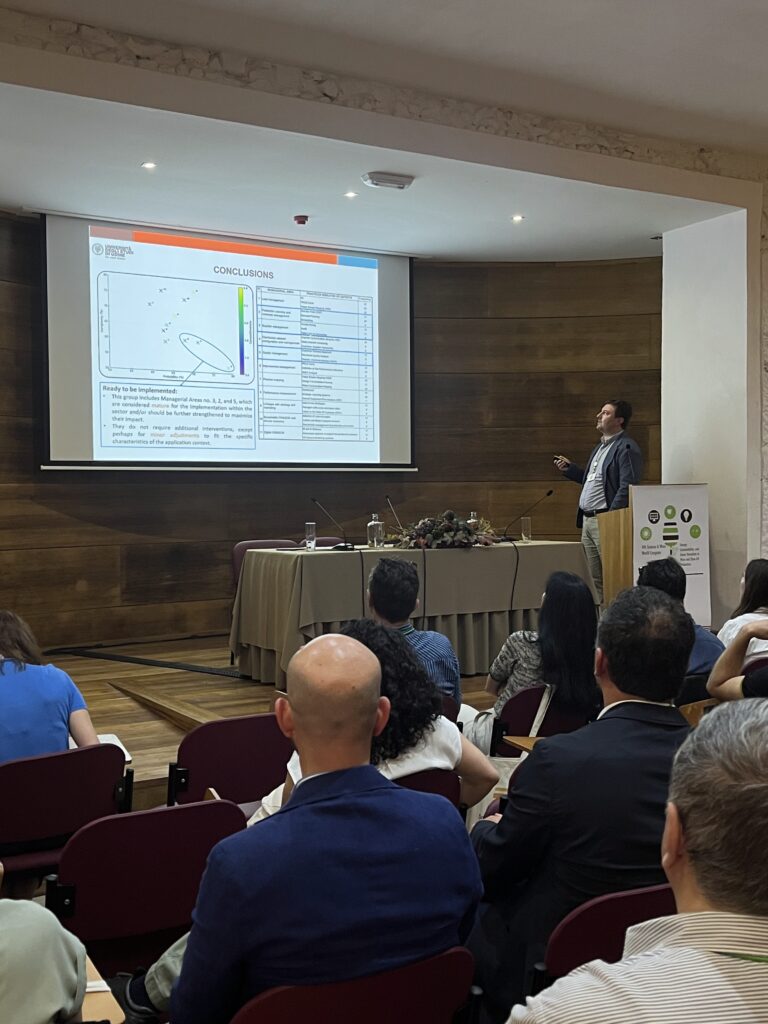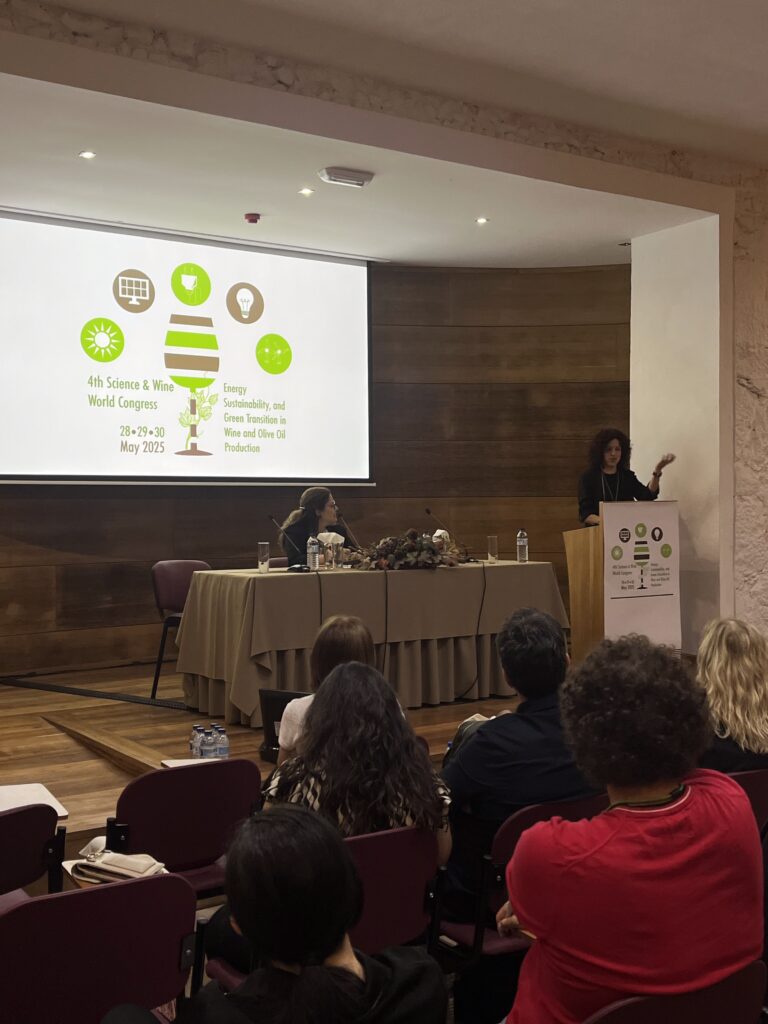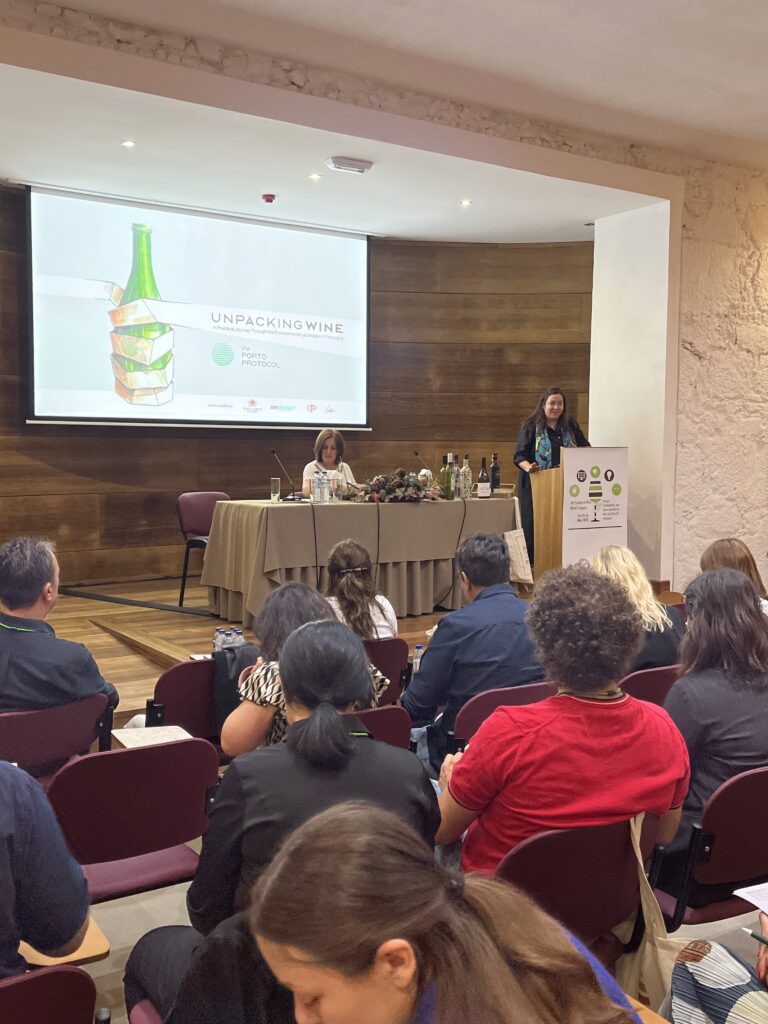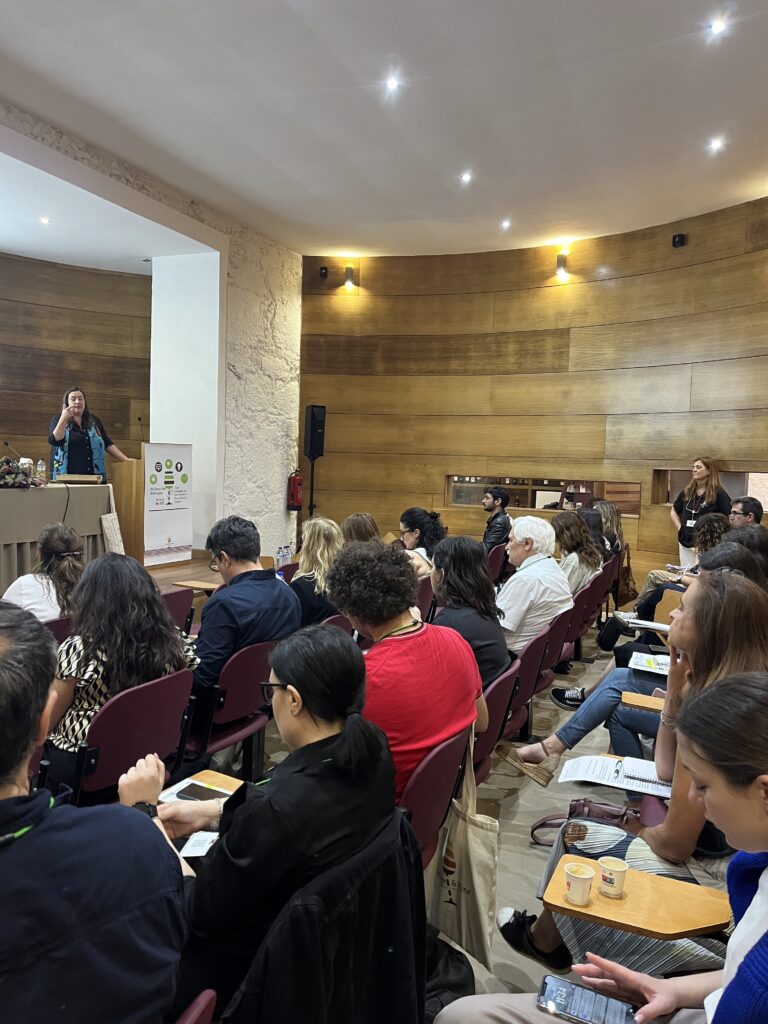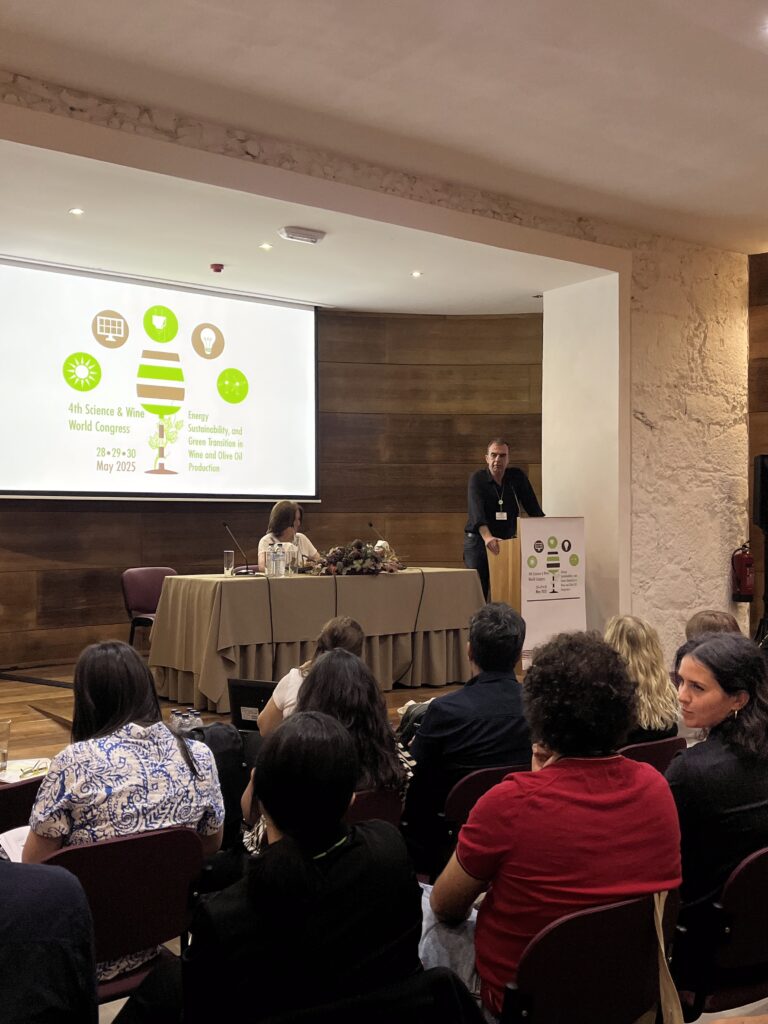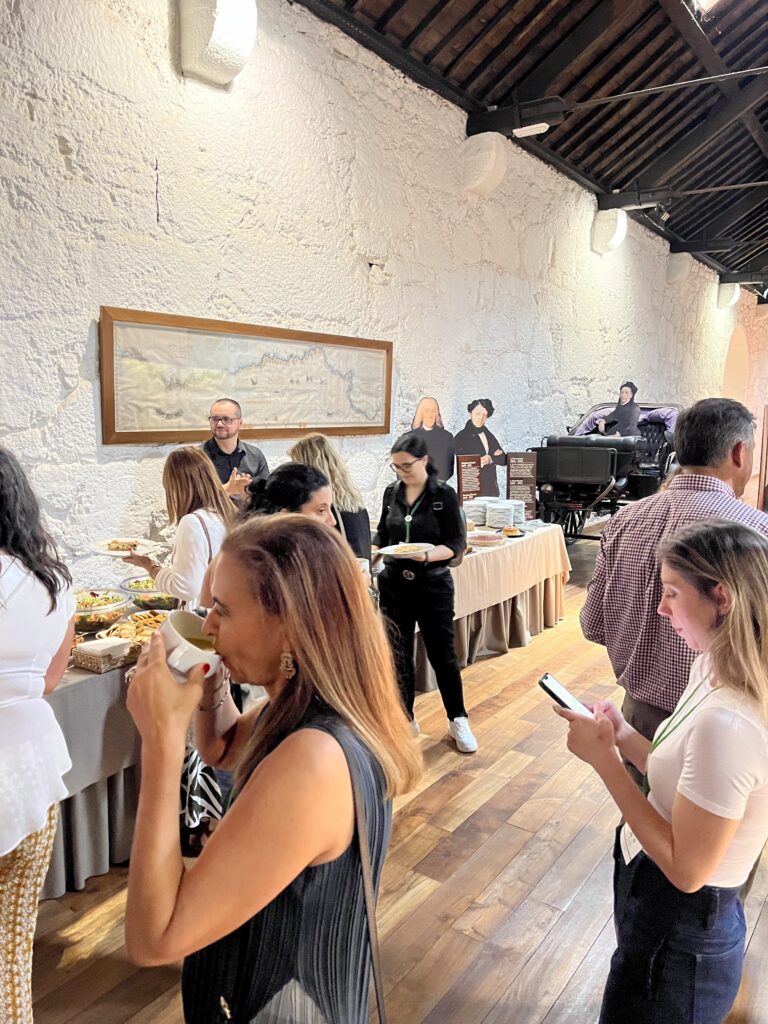The 4th Science & Wine World Congress – Energy, Sustainability, and Green Transition in Wine and Olive Oil Production – took place in Porto, Portugal, from May 28 to 30, 2025, gathering a vibrant and international community of researchers, wine and olive oil producers, environmentalists, and policymakers. Together, they explored the future of sustainability in Mediterranean agriculture, one grounded in science, guided by tradition, and driven by innovation.
This edition welcomed 49 participants from 9 countries, representing more than 30 institutions spanning academia, research, and industry. From Italy to Spain, Greece to Latvia, and of course Portugal, the diversity of voices gave richness and depth to the conversations.
Scientific Highlights: Where Innovation Meets Tradition
Among the many outstanding presentations, several stood out for their bold ideas and practical relevance:
-
Raúl Domínguez-Perles (CSIC–CEBAS, Spain) presented compelling data on the Potential of winemaking byproducts as functional added-value ingredients. His research underscored how grape residues, traditionally considered waste, are rich in bioactive compounds with potential applications in functional foods, thus contributing to a circular economy model.
-
Ana Novo Barros (UTAD, Portugal) gave an inspiring talk titled Circular bioeconomy in action: valorization of winery byproducts for sustainable applications in food, cosmetics, and pharmaceuticals. She detailed how polyphenol-rich fractions from winemaking waste are being used to develop novel antioxidant formulations, creating a bridge between agriculture and the health and wellness industries.
-
Francesco Serafini (Italy, International Olive Council) explored Sustainability in olive cultivation and CO₂ sequestration, highlighting the role of olive groves as natural carbon sinks. His presentation emphasized how olive farming not only produces a nutritious oil but also contributes meaningfully to climate change mitigation.
-
Emma Burgos-Ramos (University of Castilla-La Mancha, Spain) shared insights on Olive oil, a treasure for the brain, showcasing preclinical evidence that polyphenols in olive oil may play a protective role against cognitive decline. Her research connects the Mediterranean diet to neuroprotection, aligning perfectly with the “food as medicine” paradigm.
-
Cristina Crava (The Porto Protocol Foundation, Portugal) tackled the environmental impact of wine packaging with her talk Tackling climate change through packaging: The Unpacking Wine Guide. She highlighted consumer-driven strategies for sustainability and called for urgent industry-wide changes in labeling, bottling, and transportation practices.
-
Fátima Paiva-Martins (REQUIMTE–LAQV, Faculty of Sciences, University of Porto) presented Prevention of Steatotic Liver Disease and Metabolic Syndrome by the Olive Polyphenol Oleacein, a study that reinforces the nutraceutical power of extra virgin olive oil. Her data points to the therapeutic potential of this natural compound in metabolic health.
Each of these presentations not only enriched our understanding of the science behind wine and olive oil but also sparked fruitful discussions on how this knowledge can be transferred to producers, consumers, and policymakers.
The Power of Poster Presentations – In Just 3 Minutes
In addition to oral communications, the congress included a vibrant poster session, where participants embraced the challenge of presenting their research in just three minutes. This format encouraged clarity, creativity, and precision—core principles of effective science communication. Early-career researchers in particular showed remarkable skill in distilling complex concepts into accessible language, helping foster meaningful exchanges across disciplines.
This “flash presentation” model not only increased engagement during the session but also empowered researchers to sharpen their storytelling abilities—a crucial skill in today’s fast-paced, media-rich world.
Institutional Support and Acknowledgments
The event was made possible thanks to the generous support of several institutions and organizations committed to sustainable agriculture and science communication:
-
University of Porto
-
UTAD – Universidade de Trás-os-Montes e Alto Douro
-
AEVP – Associação das Empresas de Vinho do Porto
- Comissão Vitivinícola Regional Alentejana (CVRA)
- Comissão de Viticultura da Região dos Vinhos Verdes
Their commitment to interdisciplinary collaboration and environmental stewardship formed the foundation upon which this congress was built.
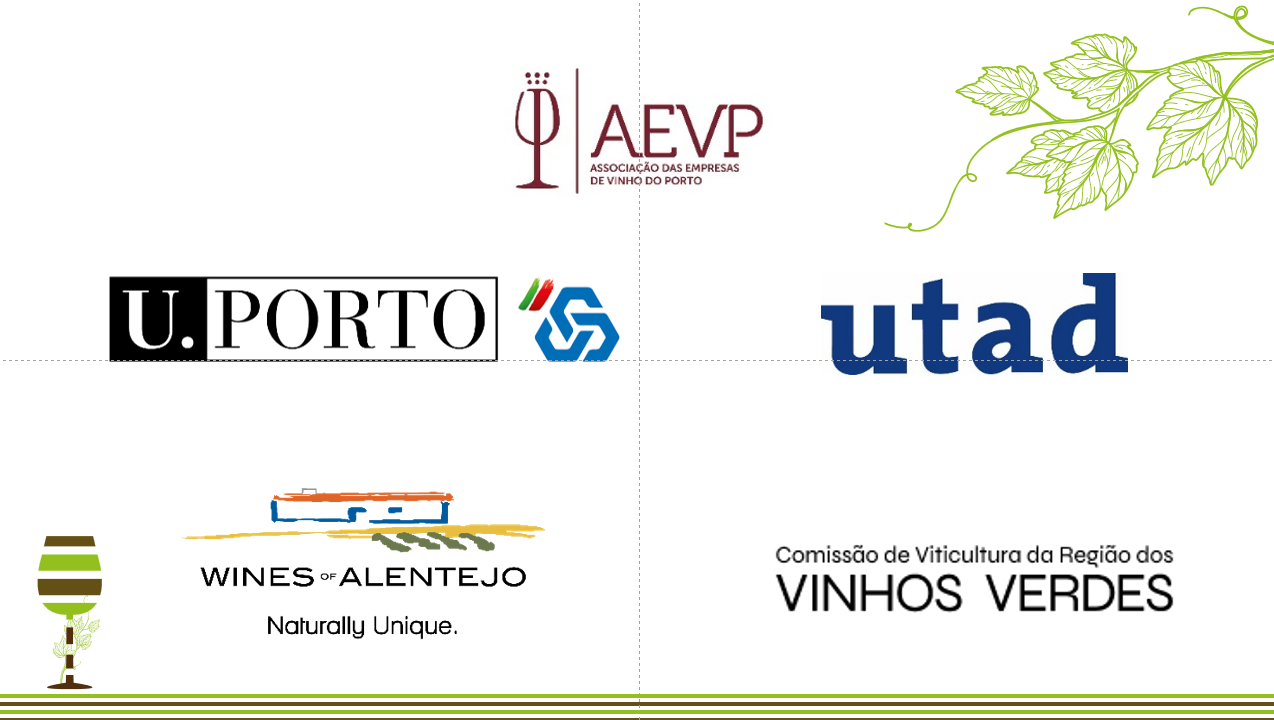
A Taste of History: Visit to Graham’s Port Lodge
A highlight of the social program was the exclusive visit to Graham’s Port Lodge in Vila Nova de Gaia. Surrounded by the scent of aging wine and the silence of century-old barrels, participants had the opportunity to explore the fascinating history of Port wine production. The guided visit and tasting celebrated the deep connection between terroir, time, and tradition—offering a multisensory reminder of why sustainability in this sector matters.
Looking to the Future
The 4th Science & Wine World Congress leaves us not only with data and insights but also with renewed purpose. As the challenges of climate change, biodiversity loss, and resource scarcity grow more urgent, so too does the need for collaborative, science-driven solutions.
To all participants, speakers, sponsors, and supporters: thank you. Your work and dedication are planting the seeds for a future in which wine and olive oil are not only symbols of heritage, but also models of sustainability and innovation.Until we meet again—cheers to science, tradition, and the green transition.
